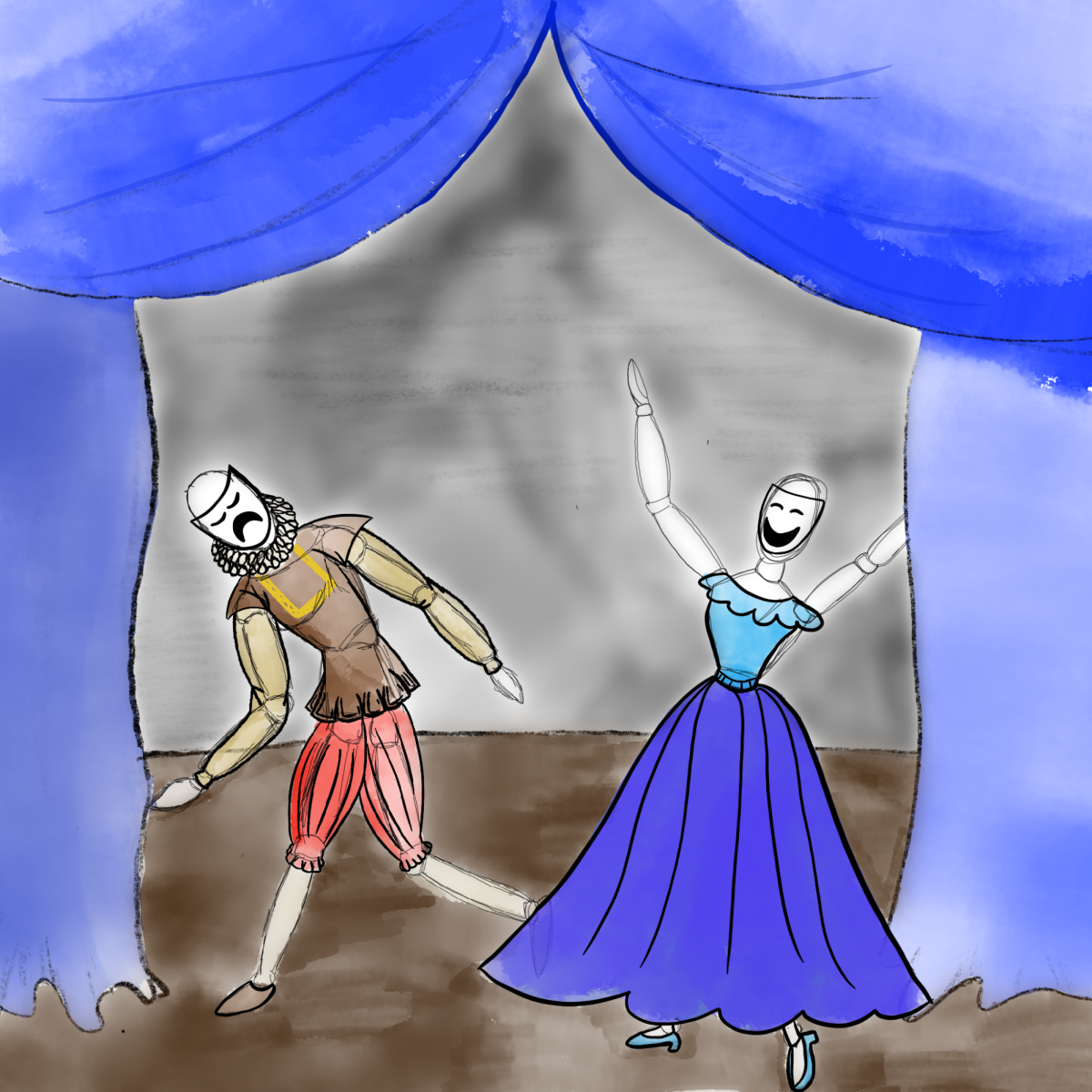For whatever flaws “Orange Is the New Black” may have had during the first season — and there weren’t many — the diversity and energy of the cast weren’t among them. We spent the 13 episodes of season one with a huge ensemble of faces representing a wide range of ages, backgrounds, races and genders and could have easily spent several more seasons getting to know these colorful characters. So what does show creator Jenji Kohan and her wonderful cadre of writers bring us for our second go-around at Litchfield Prison? Two new characters who turn out to be the most memorable in the bunch.
The first, Brook Soso (Kimiko Glenn) more or less fills the hole left as the show’s main focus, Piper Chapman (Taylor Schilling), becomes more accustomed to prison life. Soso, ever the Pollyanna, starts her stay in Litchfield hoping to make new friends and soon faces the reality that she’s in prison, not summer camp.
The writers don’t have the same obligation to make Soso identifiable the way they did with Chapman, and yet, ironically, she ends up becoming more endearing. Glenn’s energetic performance elevates what could have been a stereotype into a real individual, whose naivete is simultaneously hilarious
and heartbreaking.
The second new addition to the cast not only steals every scene she’s in but threatens to run away with the show. Lorraine Toussaint as Yvonne “Vee” Parker is, without a doubt, the best thing to happen to the second season, and fortunately, the show, knowing a good thing when it sees it, is never stingy with her screen time.
Vee’s the kind of person you’d hate to see in real life but love to watch on TV. Vile, cold-hearted and manipulative as all hell, she’s the perfect villain, the flame to the oily rag of Litchfield whose sense of calm allows her to be even more ruthless.
Soso and Vee add life to an already diverse ensemble and allow us to see the other inhabitants of Litchfield in a new light. Unfortunately, they also make the show’s main flaw even more apparent: The protagonist, Chapman, can’t compete with her supporting characters.
On paper, “Orange Is the New Black” is a fish-out-of-water story about what happens if an average person finds herself in prison. In reality, the show gets almost no mileage out of that scenario and, instead, focuses on the individuals who inhabit the prison world.
Season two of “Orange Is the New Black” is an improvement over the already strong first season, and as we look on to season three, we can only hope that Kohan is smart enough — and she very likely is — to reduce Chapman’s screen time to nearly nothing and that Netflix is brave enough — and it just might be — to allow it.





















